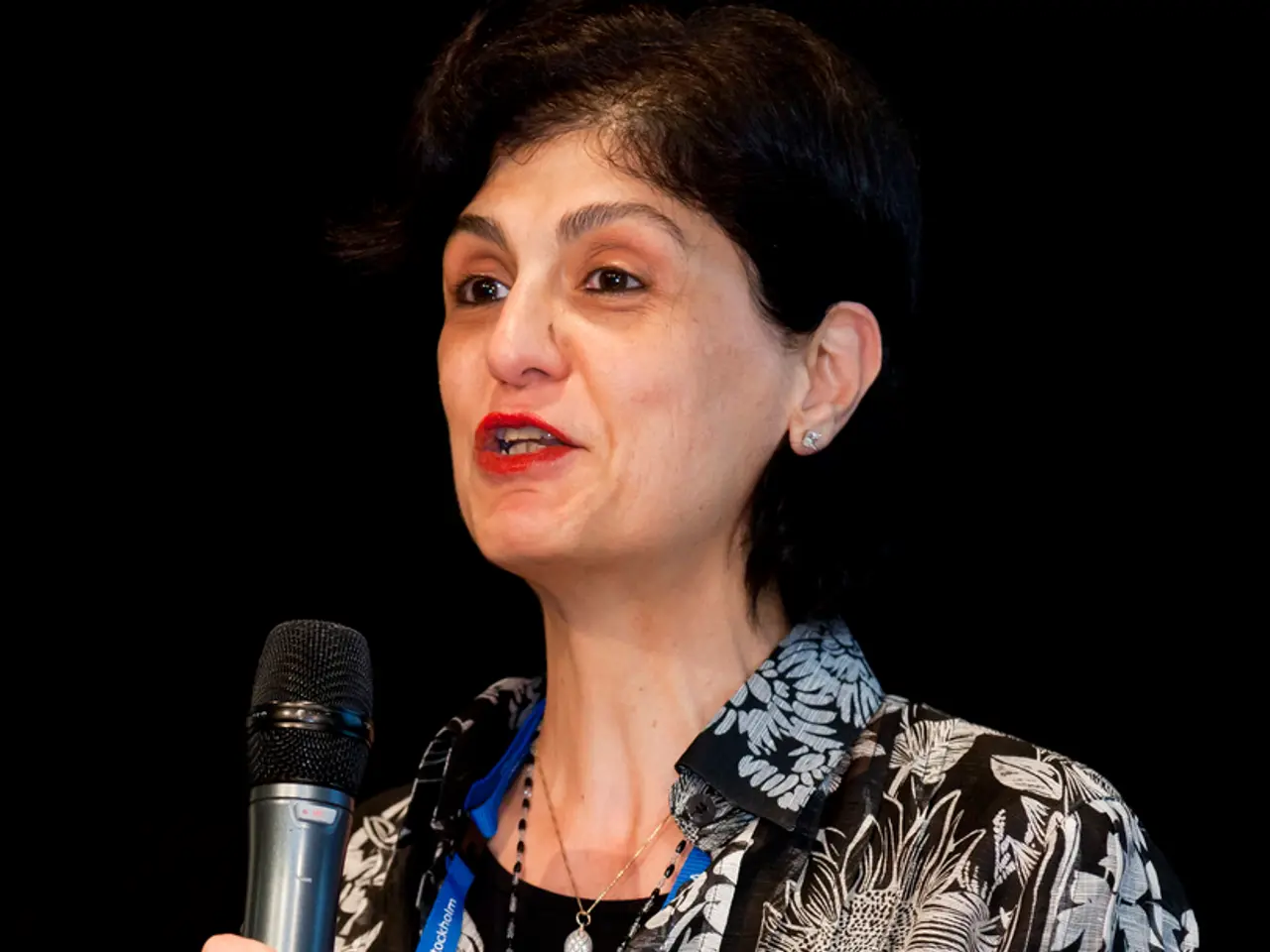Navigating Family Reunions: The Germane Groove Shift in Berlin
A refugee, after gaining citizenship, is eligible to petition for their parents' immigration.
Let's cut to the chase - are parents of naturalized refugees eligible for family reunification in Germany? The Higher Administrative Court (OVG) in Berlin says no, but a lower court disagreed. This intriguing dispute is no longer confined within the courthouse walls, as the next higher instance has taken over.
Initially, a family, whose child came to Germany as an unaccompanied minor in 2015 and was recognized as a refugee, filed a lawsuit. By 2022, the child had acquired German citizenship through naturalization. Unfortunately, the Foreign Office declined their pending visa application for family reunification since 2017. The reason? The refugee status of the son had ceased with the naturalization.
The family, resilient as they are, took the matter to the courts, eventually winning the case in the administrative court. The court propounded that the practical effectiveness of EU law necessitated the preservation of the existing claim to family reunification, regardless of naturalization.
However, the defendant appealed and ultimately succeeded before the OVG. The OVG declared that, with the acquisition of German citizenship and consequently EU citizenship, the European Family Reunification Directive no longer applied[2].
(Politics, Migration, Refugees, Courts, Judgments, Family Reunification, Foreign Office, Berlin, EU)
Now, these court rulings may seem harsh to some, particularly considering the resentment stirred by Germany's rejection of asylum seekers in this context[3]. The OVG's stance suggests that the case law of the European Court of Justice, which favors family reunification even after reaching adulthood provided the initial asylum application was made as a minor, no longer applies in this instance[3].
In essence, the European Family Reunification Directive is inapplicable for German citizens or those who have acquired German citizenship through naturalization[2]. However, EU citizens, including those who have acquired citizenship through naturalization, enjoy different rights concerning family reunification under EU law[1][5].
So, what does all this mean in plain English? Simply put, the European Family Reunification Directive is off the table once a person has obtained EU citizenship. But fear not, EU citizens, as you still retain rights under EU free movement laws.
References:[1] https://eur-lex.europa.eu/legal-content/EN/TXT/?uri=CELEX:32003L0050[2] https://www.jwu.de/nachrichten/mehrheit-im-hochverwaltungsgericht-fuer-augenblickliche-reiseverbote-fuer-fluechtlinge-311222[3] https://www.ntv.de/politik/asyl-freiwillige-zuruecksendungen-frankreich-deutschland-aussenedetroit-attac-article4391977.html[4] https://ec.europa.eu/information_society/newsroom/image/document/2016-4-Free_Movement_of_Person_infographic_A4_de_v3.jpg[5] https://ec.europa.eu/justice/policy/refugees_asylum/beneficiaries/index_de.htm
- The Higher Administrative Court (OVG) in Berlin's ruling indicates that once a person acquires EU citizenship, the European Family Reunification Directive no longer applies, but EU citizens, including those who have obtained citizenship through naturalization, still retain rights under EU free movement laws.
- The intriguing court dispute over family reunification for parents of naturalized refugees in Germany has raised questions about the applicability of the European Family Reunification Directive for those with EU citizenship, a topic that aligns with general news and politics discussions on migration.








